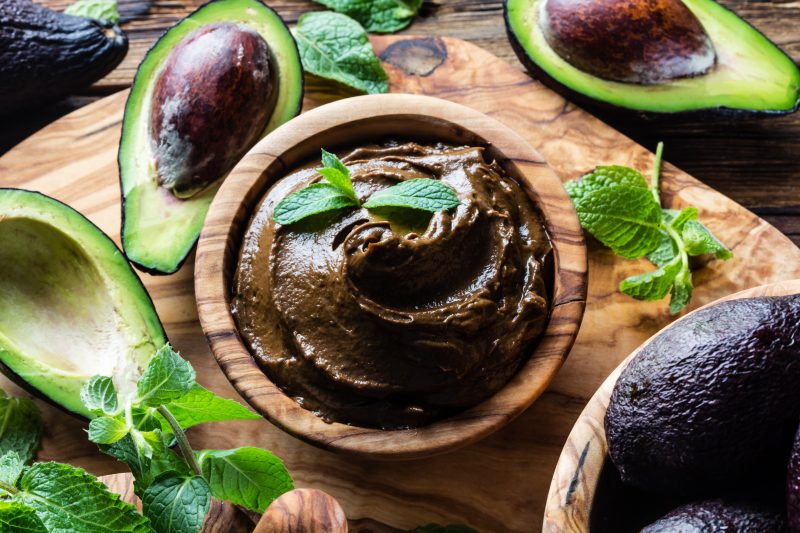Our bodies are amazing. Every organ, tissue, and cell is a complete masterpiece. And incredibly, every cell in your body is capable of making and using a “super antioxidant” called glutathione. This potent antioxidant is one of the strongest components of your body’s health system. But unfortunately, many aspects of modern life and natural aging reduce its synthesis and use. It’s very likely you’re currently too low in glutathione.
This is no small matter.
Fortunately, there are remedies and we have them for you today.
Here are 8 reasons you’re too low in glutathione, why it’s dire, and what to do about it starting today.
WHAT IS GLUTATHIONE?
Glutathione is a molecule made by every cell in the body. It is sulfur-containing and requires the amino acids L-glutamine, L-cysteine and L-glycine for its production.
It works as an antioxidant.
Specifically, glutathione protects fats from oxidation (this reduces plaque formation in the arteries), supports energy-producing mitochondria, boosts immunity, promotes optimal brain function, and other antioxidant activity.
As an immune component, glutathione protects against inflammation, toxins, free radicals, and pathogens (1).
WHY ARE MODERN LEVELS LOW? 7 Reasons
There are 7 primary reasons glutathione is too low in modern adults. Generally, deficiencies occur as demand increases and synthesis decreases. This is often the result of the same issue! These issues include (2) :
- Ongoing or Increased Infections. Modern viral and bacterial infections are increasing due to decades of antibiotics overuse and superbugs circulating. When we’re sick, we need more glutathione, but make less.
- Chronic Stress and Mental Health Challenges. There’s no doubt that modern adults are stressed out too often and suffer from depressed symptoms at an increasing rate. Our stress is mostly mental, and less often physical. Glutathione is the premier antioxidant in the brain, and it supports mental health. However, studies have found that it is often low in those who suffer from these conditions. What little glutathione available, is used up quickly with high demands (3).
- Injuries. Injuries to our tissues, organs, bones, skin, and cells can reduce our synthesis of glutathione while increasing the demand of it. This can be a natural part of life, activities, and aging.
- Environmental Toxins. As our environment, water, and foods contain more toxins, pesticides, and chemicals, this affects the health of our cells and their synthesis of nutrients.
- Gut Unhealth, Antibiotics, Genetically Modified Foods (GMOs) and Artificial Sweeteners. Like most health issues, our ability to synthesize glutathione is affected by the health of our guts. These days, gut health is in decline for many adults (4, 5). What’s more, our modern diets which often include GMOs and artificial sweeteners alter our gut biomes.
- Diets Lacking Specific Nutrients. In order to make glutathione, your body have a readily accessible supply of many amino acids, and specifically l-cysteine, which is the rate-limiting step of the process. Unfortunately, one cannot simply supplement l-cysteine to increase it, as it doesn’t make it through the digestive system intact. Historically, it could be obtain from raw milk, but the pasteurization process has decreased our access to it (6).
- Sleep Deprivation. Like the other lifestyle habits listed above, lack of sleep both increases our toxic load (especially in our brains) while decreasing the health of our cells. To make more glutathione, and need less, we need more sleep (7).
In these times, it’s tough to avoid all the modern-day lifestyle habits that slow the synthesis of glutathione. Even more, it’s very challenging to avoid the toxic loads that cause us to need more.
Here’s how to get more, make more, and need less.
4 WAYS TO NATURALLY INCREASE GLUTATHIONE
1. Add Glutathione
The best place to start is with glutathione itself. And you’re in luck because Dr. Colbert has created an amazing glutathione supplement for you.
In fact, this nano-particle liquid supplement combines 2 potent antioxidants, glutathione and vitamin C, in convenient easy-to-take form. In fact, Dr. Colbert’s Nano Glutathione utilizes both antioxidants to protect each other and promote health and healing in every cell throughout the body synergistically. What’s more, it’s formulated with “reduced glutathione,” the active form of glutathione, ready to fight free radicals and protect cells.
It’s easy to get started. Order your Nano Glutathione today.
2. Make More Glutathione
In addition to consuming more glutathione, you can also encourage your cells to make more. How? First, start by improving the health of your cells with Beyond Keto. Then, add the specific nutrients your body needs to make more glutathione.
To start, your cells have to be healthy to make glutathione. One of the best ways to improve their health is to follow a Beyond Keto lifestyle.
Next, your body needs specific nutrients to make glutathione. Add these nutrients to your diet:
- Sulfur: Our cells need sulfur-containing foods to increase glutathione (8). Sulfur is found in methionine and cysteine. These amino acids are abundant in fish, beef, and poultry. Lesser amounts are found in greens, broccoli, Brussel sprouts, cauliflower, kale, watercress, and mustard greens.
- Selenium. Selenium is an important essential mineral. It is a glutathione cofactor, needed to increase glutathione. Selenium is found in beef, chicken, fish, organ meats, cottage cheese, and Brazil nuts. Increasing your intake of selenium can increase your body’s glutathione synthesis (9).Easily add selenium and sulfur-containing vegetables with Divine Health Fermented Organic Green Supremefood® and Thyroid Zone supplements.
- Undenatured Whey. With Undenatured Whey, the milk used is not processed at high heat, leaving more glutathione cofactors (like l-cysteine). In fact, there have been prescription undenatured whey products that had great results in increasing glutathione in cancer patients (10).
- Turmeric. It’s difficult to find a food that’s more health-benefitting than turmeric. Beyond what you already know, animal and lab studies have shown that consumption of turmeric and turmeric extract may increase glutathione levels (11). It’s thought that the curcumin from turmeric increases the activity of enzymes that help increase glutathione.
3. Improve Gut Health
Improving your gut health will improve the health of all your cells, decrease your toxic load, and promote the synthesis of glutathione.
The best way to improve it? Follow the Dr. Colbert’s Gut Zone System.
4. Decrease Toxic Load
First, get adequate sleep. Studies have shown that those with insomnia had significantly lower glutathione levels (12). What’s more, animal studies have supported this conclusion showing that sleep deprivation results in less glutathione (13).Aim for 7-8 hours of good sleep each night. Improve sleep by reducing stress and worry before bed (pray instead), decrease “screen” light, and lighten your schedule.
Next, choose organic foods whenever possible to avoid pesticides, persistent organic pollutants, and other toxins in conventionally grown foods. One great place to get organic nutrients is in ivine Health Fermented Organic Green Supremefood®.
Third, limit alcohol. Alcohol increases the toxic load and damages cells.
And lastly, decrease oxidative stress. How? Load up your plate everyday with antioxidants! Here are 10 great options.
BOTTOM LINE
Sure, we’re up against a huge challenge. Our modern diets and lifestyles have increased our risk of toxins, sleep deprivation, and health, while decreasing our synthesis of glutathione.
But, hope is not lost.
Take a look at the reasons you’re low in glutathione. Make the necessary lifestyle and diet changes as needed. First, add Nano Glutathione directly. Then, support your levels with our additional 3 ways to increase your glutathione, starting today!

















